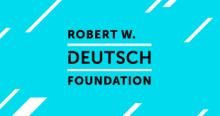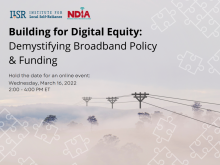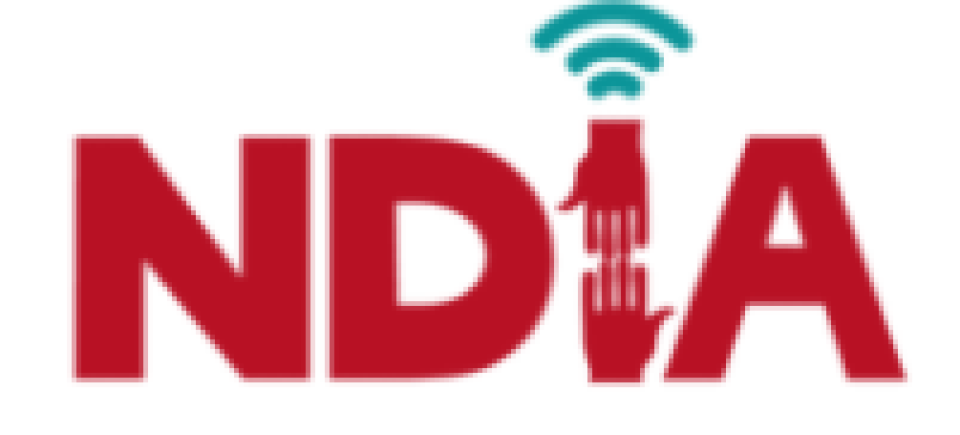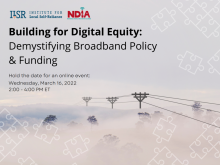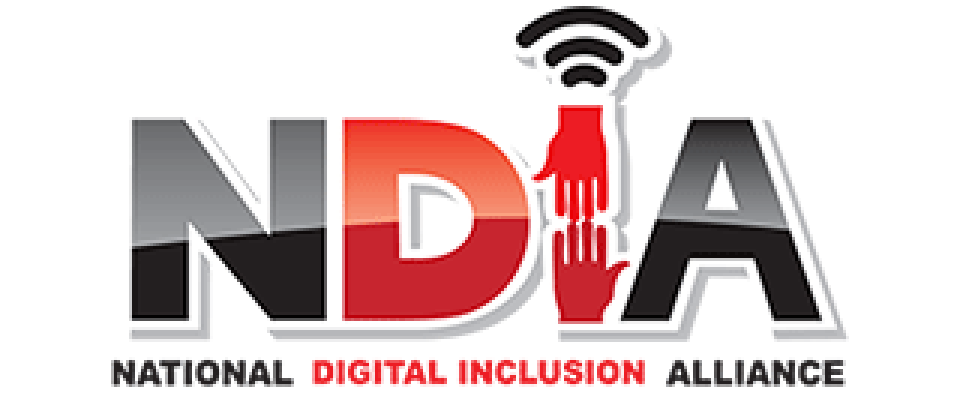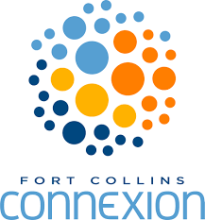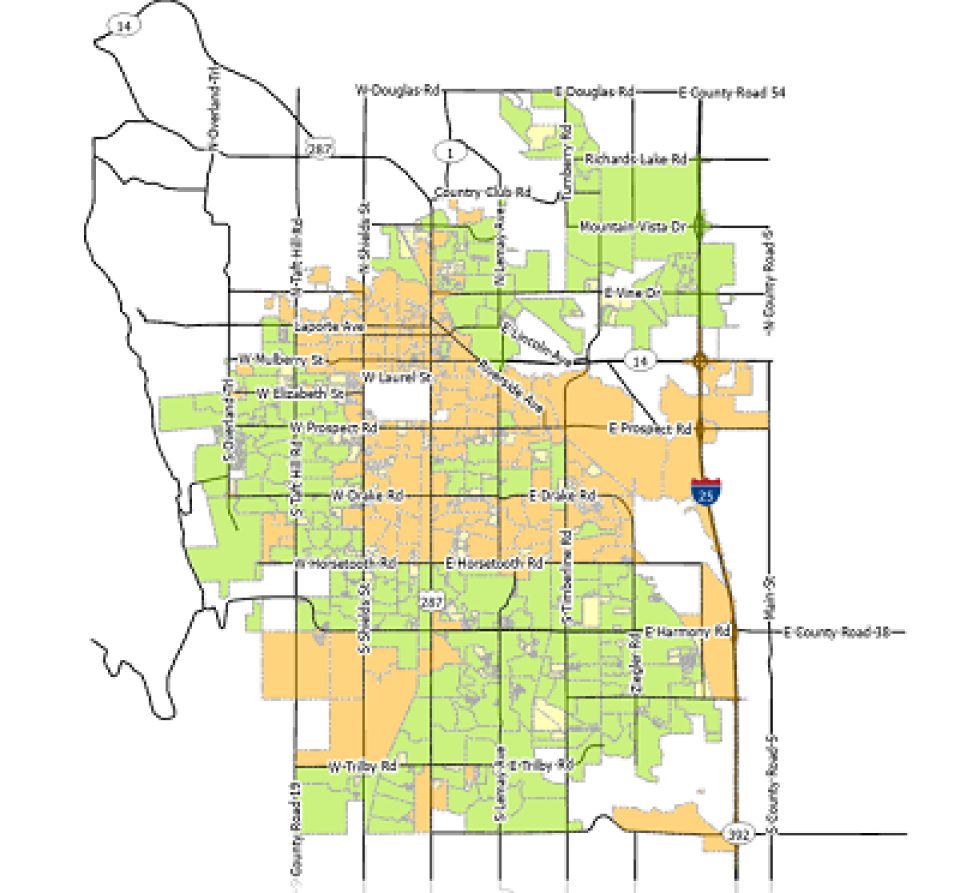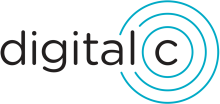Study Highlights Importance of Community-Based Digital Equity Leaders
Last year, nearly two dozen community leaders in Baltimore were brought together with national experts for a five-week crash course on network engineering, federal policymaking, community broadband networking, and grassroots organizing.
It was an online program called “The Digital Equity Leadership Lab (DELL)” – an initiative created by the Robert W. Deutsch Foundation in response to “other digital inclusion programs across the U.S. that have failed to consider the technical aspects of the Internet and social inequalities alongside broader Internet policy and advocacy goals.”
It spawned a case study led by Colin Rhinesmith, Faculty Associate and Director of the Community Informatics Lab at the UCLA Center for Critical Internet Inquiry and a Senior Fellow with the Benton Institute for Broadband & Society. Released earlier this week, The Digital Equity Leadership Lab (DELL): A Case Study of Community Leadership Development to Promote Digital Equity and Justice highlights the importance of developing community-based leaders around digital equity, gifting rising and next-generation digital equity advocates with important insights for their work.
Through interviews with 15 of the 25 DELL participants, and with the input from a range of national experts and Deutsch Foundation staff, the study set out to answer the question: how might DELL serve as a community-based leadership training model to develop the next wave of digital equity leaders?
The analysis surfaced three key findings:
- Bringing national policymakers and advocates together with community leaders is powerful and transformative.
- Digital inequality is a social, not a technological problem.
- Community leaders need access to a shared platform and each other to create change.
But the study didn’t stop there. Rhinesmith (with research assistance from Jie Jiang and Malana Krongelb) offers three recommendations in light of the study’s findings:


